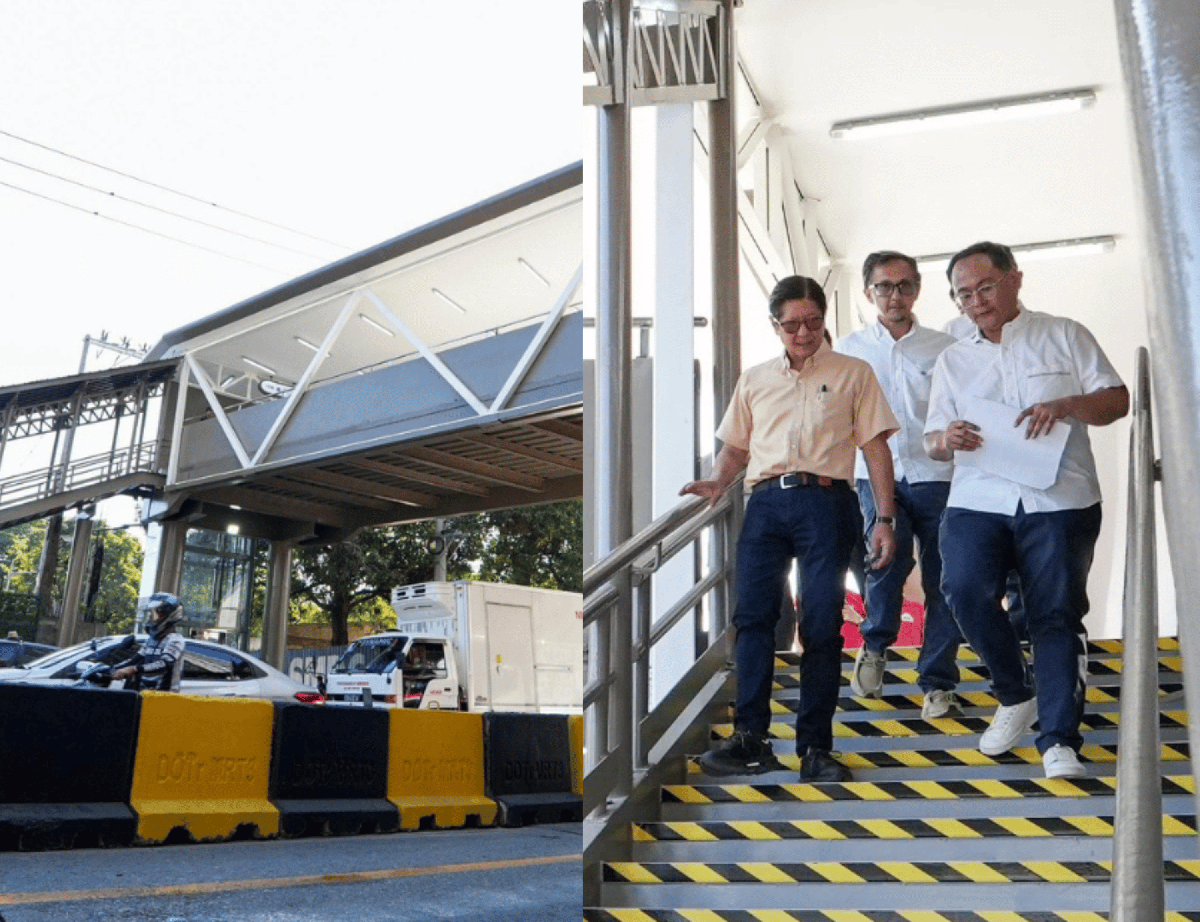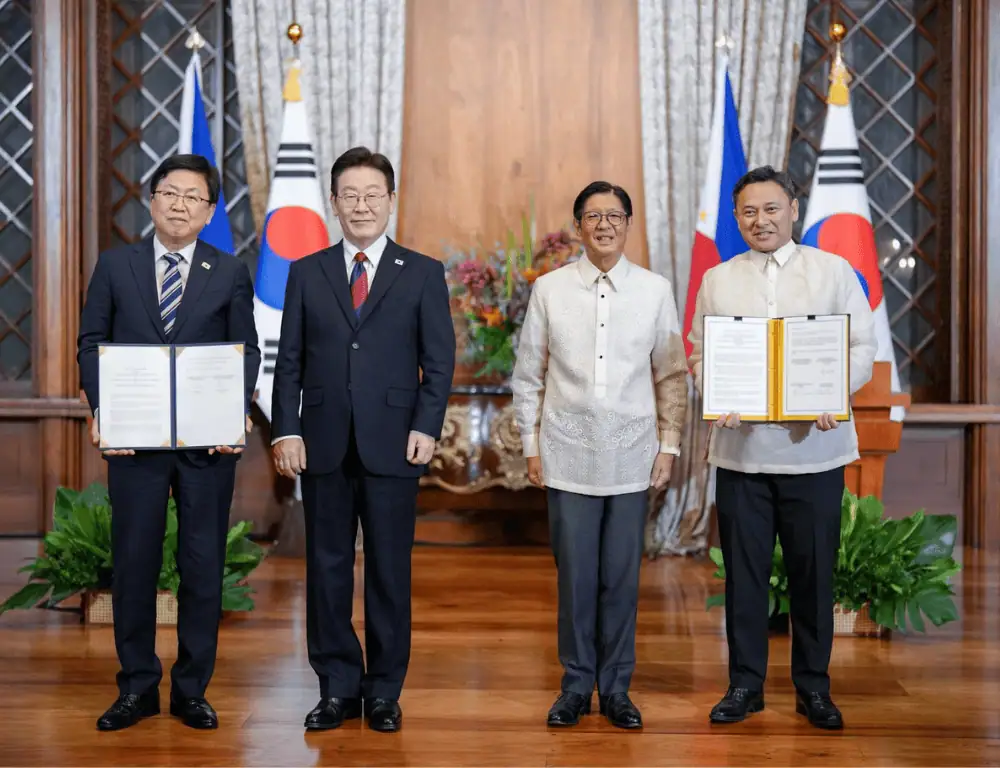
President Ferdinand R. Marcos Jr. has signed into law Republic Act No. 12289, or the Accelerated and Reformed Right-of-Way (ARROW) Act, which aims to expedite and ensure fairness in the government’s acquisition of land for infrastructure projects while providing proper compensation to landowners and affected families.
Signed into law by President Marcos last September 12, RA No. 12289 introduced amendments to several sections of R.A. No. 10752, or the Right-of-Way Act of 2016, as well as inserted new sections.
The ARROW Act defines national government projects and private entities providing public services, as well as the rules on negotiated sales.
The law provides that the appropriate price offer shall be based on the valuation system and schedule of market values (SMV) established under R.A. No. 12001, or the Real Property Valuation and Assessment Reform Act of 2024.
In the absence of an approved SMV, the offer amount must be based on the Bureau of Internal Revenue (BIR) zonal land valuation and the assessed value of the improvement, including machinery considered as immovable under the New Civil Code, structures, crops, or trees.
For untitled lands, the land owner or possessor is required to submit a tax declaration, an affidavit from disinterested residents where the land is located, a Real Property Tax Certificate, a certification from the Department of Environment and Natural Resources (DENR), and a property technical description.
The new law amended Section 6 of R.A. No. 10752 on Guidelines for Expropriation Proceedings, requiring the implementing agency or private entity to deposit to the court 15 percent of the land’s market value upon the filing of a complaint.
The deposit also includes 100-percent replacement cost, including improvement depreciation, and 15-percent market value of crops and trees located within the property.
The section on the relocation of informal settlers was also amended, with the Department of Human Settlement and Urban Development (DHSUD) coordinating with the local government units (LGUs) in establishing and developing resettlement sites for informal settlers.
Meanwhile under the amended Section 10, public-private partnership (PPP) project right-of-way acquisition shall be in accordance with R.A. No. 11966 or the Public-Private Partnership (PPP) Code of the Philippines of 2023, and its implementing rules and regulations (IRR).
The compensation for project-affected land structures, improvement, and immovable machineries shall be based on the New Civil Code.
Under the amended Section 12, a private entity violating the provisions of the ARROW Act is held accountable by law, which holds its president, manager, director, trustee, or responsible officers liable for civil or criminal sanctions.
The new law also widens the composition of departments mandated to prepare the implementing rules and regulations.
Among those included were the Secretaries of the Department of Agriculture (DA), Department of the Interior and Local Government (DILG), Department of Economy, Planning, and Development (DEPDev), Department of Agrarian Reform (DAR), Department of Environment and Natural Resources (DENR), and DSHUD.
The sections inserted were Section 5 on Entry and Use of Property Within Ancestral Domains; Section 11 on Relocation of Utilities and Facilities Owned by Utility Providers Affected by a National Government Project; Section 15 on Applicability of Republic Act No. 8975 on the expeditious implementation and completion of government infrastructure projects by prohibiting lower courts from issuing temporary restraining orders; Section 16 on Guidelines on Information Sharing and Assistance for Right-of-Way Acquisition; Section 17, Foreign-Assisted Projects; and Section 18 on Public Disclosure of Essential Right-of-Way Information. (PND)











